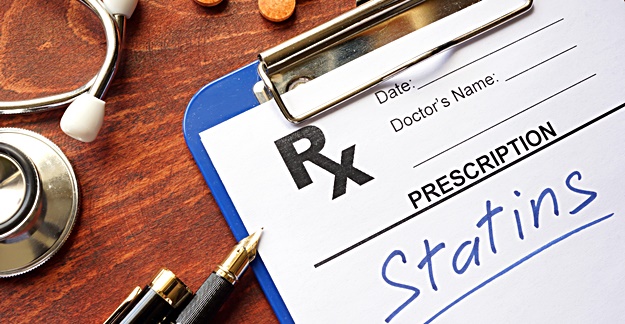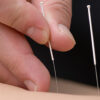The benefits of statin medications outweigh their risks, the American Heart Association says, responding to a study that came out last week that argued the cholesterol-lowering drugs are overprescribed.
The AHA said that about 10% of Americans on a statin stop taking it because of side effects that they believe are caused by the drug, but may not be. If you think you are experiencing side effects from a statin, you should not stop taking it, Mark Creager, MD, director of the Heart and Vascular Center at Dartmouth-Hitchcock Medical Center, said in a statement. Instead, talk to your doctor. Creager noted that stopping a statin can significantly increase the risk of a heart attack or stroke.
However, if your urine suddenly turns dark, you should stop taking a statin immediately as this can be a sign of a rare condition called rhabdomyolysis. However, the AHA said, based on a review of research, this was observed in less than 0.1% of people on a statin.
One common side effect reported with statins is muscle aches or pain. The AHA said based on their analysis of studies, “no more than 1% of patients develop muscle symptoms that are likely caused by statin drugs.” The group also said that muscle aches and pain can have many causes, such as low vitamin D levels, and are common in middle-aged and older adults.
The AHA also said that some complaints of muscle pain while on a statin are a result of the so-called “nocebo effect.” This is the idea that if a person is told of the potential side effects of a medicine, they are more likely to experience them. The AHA argued that reports in the media of statins causing muscle pain, doctors warning about muscle aches and drug package inserts advising of the possibility support this idea.
The AHA analysis found that statins may slightly raise the risk for diabetes, but in those who already have risk factors for it, such as obesity. In addition, there was no evidence of a relationship between statins and conditions such as cancer, cataracts, cognitive dysfunction, peripheral neuropathy, erectile dysfunction and tendonitis.







